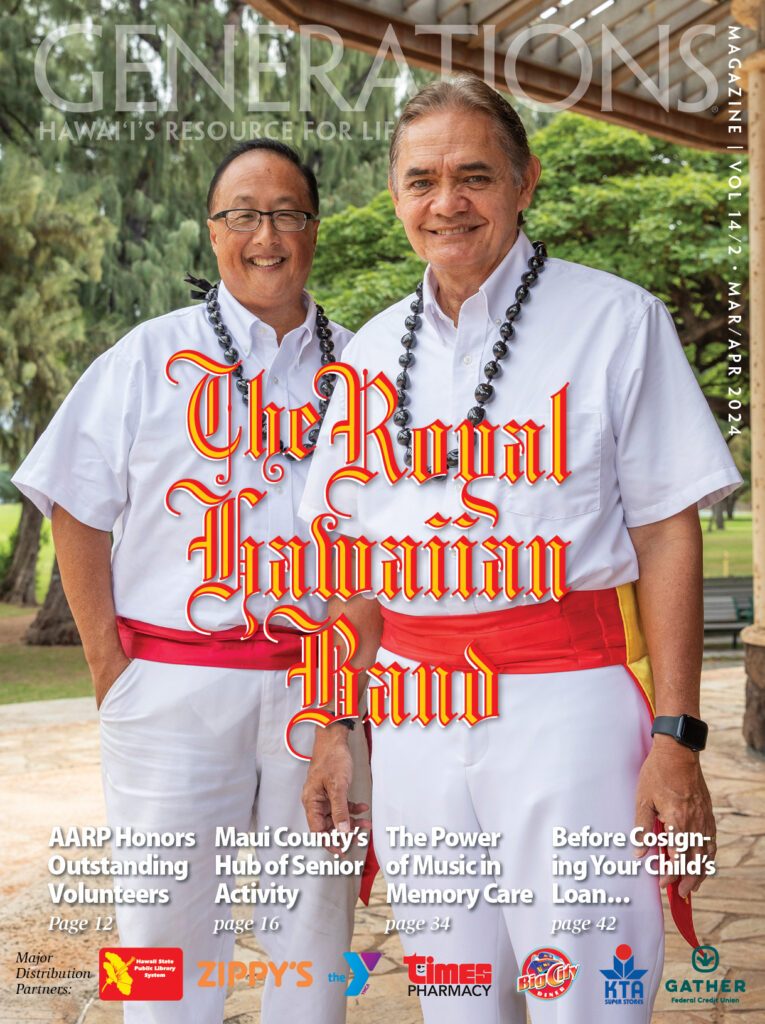The increasing longevity of our nation’s population contributes to the increasing burden of Alzheimer’s dementia on our society — especially caretakers. As a state, we face unique challenges due to our large number of kupuna and our geographic isolation. There are problems ahead, but I am excited about some very capable individuals and organizations working to benefit our elderly.
Let’s dispel some common myths about Alzheimer’s dementia:
What is the use of getting checked out, since there is nothing they can do?
Early, accurate diagnosis is important; some neurological conditions that mimic dementia with memory loss are treatable and may be reversed. Alzheimer’s is only one of many different types of dementia. If your diagnosis is unclear, you should still seek further care from a specialist, such as a neurologist or geriatrician, because each disorder is treated differently. Although we do not have a cure for Alzheimer’s, new medications can slow mental decline and lifestyle changes can improve memory. Groundbreaking research clinical trials are coming to Hawai‘i every year. The Memory Research and Clinical Trial Unit of the Hawaii Pacific Neuroscience works closely with Hawaii Center for Healthy Aging and Memory to make experimental treatments available to many patients with mild to moderate memory loss. You may inquire at 808-
I am afraid to be diagnosed.
“I don’t want to burden my family.” There is nothing more important to your family and loved ones than knowing early about your condition, so they may plan early and learn what to expect. Putting things off until a crisis arises is the worst burden. In fact, you owe it to your family to have a firm diagnosis so they may seek medical, legal and financial support as soon as possible. At the Hawaii Center for Healthy Aging and Memory, geriatrician Pat Borman, M.D., directs a team that provides families with a comprehensive approach to memory loss and dementia. Specialists in neurology, geriatrics, advanced care, behavioral psychology and neuropsychiatry contribute to a treatment and support plan for each patient. The earlier treatment and support start, the longer patients may enjoy good quality of life, and the lighter the burden becomes for family and caregivers.
Nobody can help — this is our family burden.
Many families either struggle alone or don’t know that there are many excellent resources available to them through the Alzheimer’s Association Aloha Chapter (808-
Alzheimer’s dementia is the sixth leading cause of death in U.S., affecting one in six seniors over 65 and one in three over 85. It is the only top-
Early symptoms:
- Short-
term Memory loss - Forgetting important events
- Confused about facts that should be easily understood
- Not recognizing familiar people or places
Hawaii Pacific Neuroscience Center
St. Francis Medical Center, 2230 Liliha St., #104, Honolulu
808-

